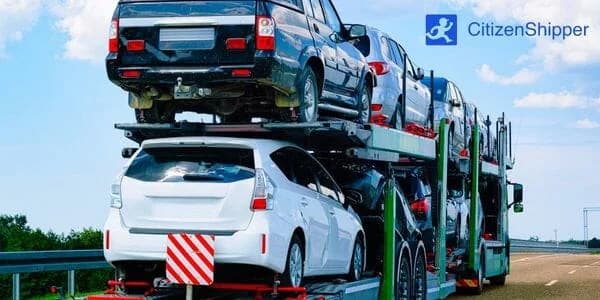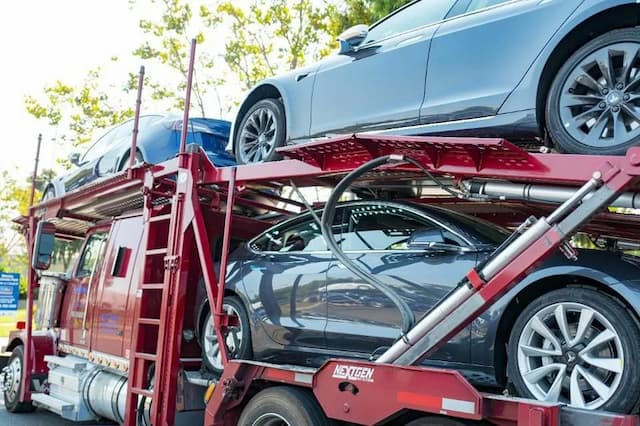Navigating Car Transport in Louisville, KY
When it comes to shipping your car in Kentucky, there's a world of factors to consider. Kentucky, with its diverse terrain, variable weather patterns, and unique transportation infrastructure, presents a distinct set of circumstances. But don't worry! Here at CitizenShipper, we are committed to helping you navigate through it all. Whether you're moving into or out of Louisville or need to transport your car for any reason, our expert team is here to help.
Kentucky's Vehicle Transportation Laws & Regulations
In Kentucky, car transportation laws and regulations are in place to ensure the safety and preservation of all vehicles and public roadways. Auto transporters must adhere to the Federal Motor Carrier Safety Administration (FMCSA) regulations for safety. Compliance involves ensuring that all vehicles are properly secured during transport and maintaining necessary documents for every shipped vehicle.
All auto transporters operating in Kentucky must also possess an active MC Docket number, issued by the FMCSA. This number signifies that a transportation company is registered under the federal government, allowing them to legally operate across state lines. Additionally, Kentucky requires transporters to carry adequate insurance coverage and follow specific weight restrictions on highways and bridges.
Weather & Terrain Considerations in Louisville, KY
Weather patterns in Louisville, KY significantly impact car shipping operations throughout the year. Louisville experiences a humid subtropical climate with four distinct seasons. Summers can be hot and humid, while winters bring occasional snowfall and freezing temperatures. Spring and fall often see heavy rainfall, which can affect transport schedules and road conditions.
Louisville's position along the Ohio River and its mix of urban areas and rolling hills presents unique challenges for vehicle transporters. While the city itself has excellent highway access (with I-64, I-65, and I-71 all converging in Louisville), seasonal flooding near the river can occasionally impact routes. The city's position as a logistics hub offers advantages, but downtown congestion during peak hours may delay pickup or delivery times. When shipping to or from surrounding areas, carriers must navigate the more challenging terrain of Kentucky's knobs and valleys, particularly during adverse weather conditions.








